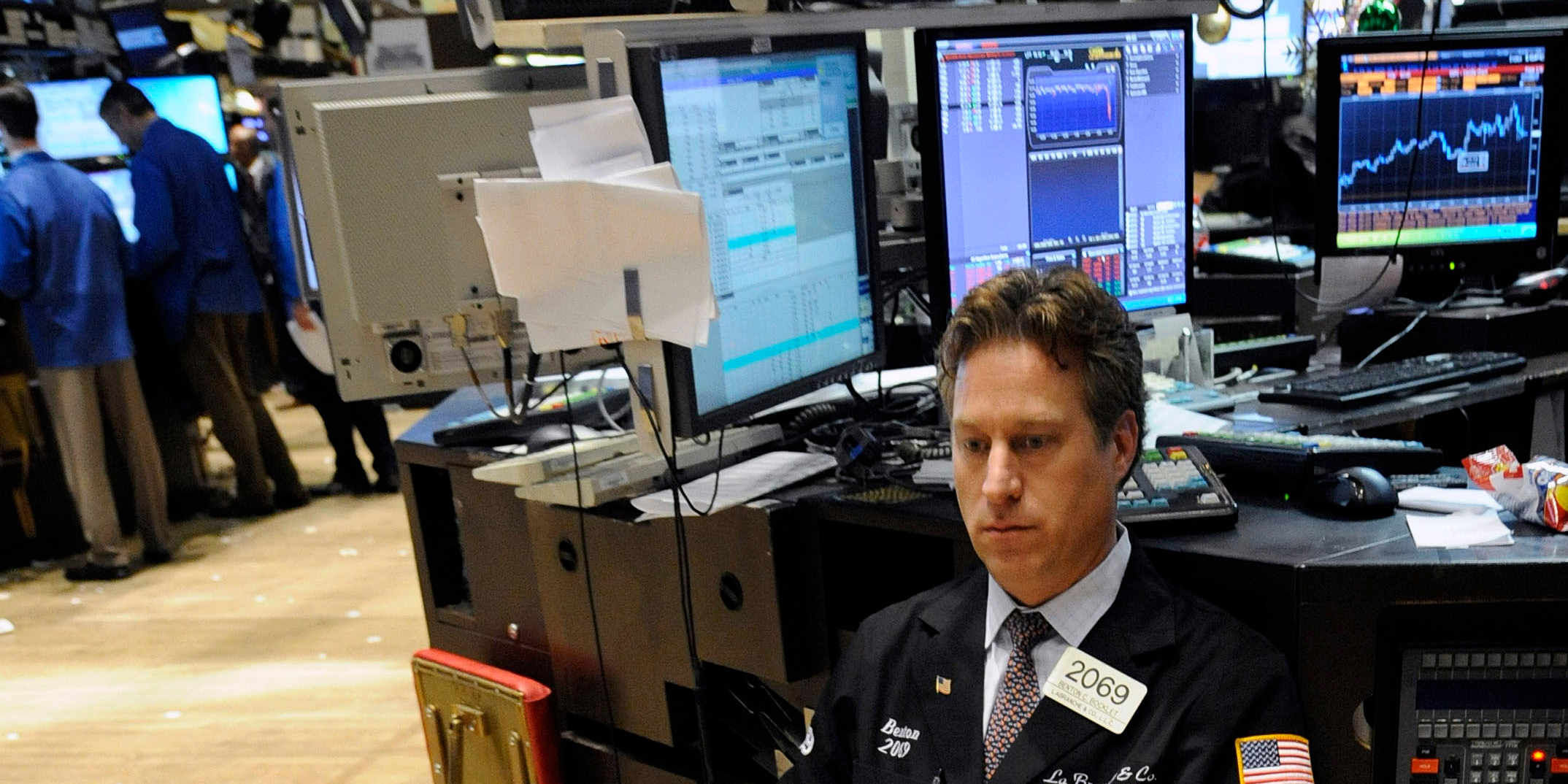- The US and Europe have a “distinct possibility” of recessions in the first half of the year amid the coronavirus outbreak, said Joachim Fels, global chief adviser at Pacific Investment Management Co., Bloomberg reported.
- Previously, PIMCO said there was a 35% chance of a recession in the next 24 months, according to Bloomberg.
- A recession could be short and followed by a recovery in the second half of the year if the coronavirus outbreak peaks in the next few months, according to the report.
- Still, Fels is concerned about “potential cracks in the US credit cycle in an environment of dwindling corporate cash flows, which could lead to a sharp tightening of financial conditions that feeds back into the real economy.”
- Read more on Business Insider.
The coronavirus outbreak has weighed on supply and demand and sent markets into a tailspin as investors flee to safe-haven assets. It’s also setting up the US and Europe for a recession, according to PIMCO.
The US and Europe face the “distinct possibility” of a technical recession in the first half of 2020, according to a note from Joachim Fels, global chief adviser at Pacific Investment Management Co., Bloomberg reported.
“The worst for the economy is still to come over the next several months,” Fels wrote. Previously, PIMCO said there was a 35% chance of a recession in the next 24 months, according to Bloomberg. Fels also cited concerns about the travel market and China’s manufacturing slip, according to the report.
Markets have plummeted as investors pile into long-term US Treasury bonds, pushing yields to record lows amid panic that the coronavirus outbreak that originated in Wuhan, China, will hinder global growth. Last week, the Federal Reserve issued its first and largest emergency rate cut since the financial crisis to protect the US economy and calm markets – still, investors continued to snap up haven assets and equities kept falling.
Fels expects the Fed to slash interest rates by at least another 50 basis points and says there's a possibility that rates could return to zero. He also thinks that central banks around the world will follow with their own actions to ease monetary policy in the next few weeks, according to Bloomberg.
In addition, Fels expects further fiscal easing by governments to support spending and prop up the economy. On Friday, President Trump signed an emergency coronavirus package, giving $8.3 billion to government efforts to contain the outbreak. Trump has also proposed tax relief for airlines and other industries hit by the virus, as well as a payroll tax cut to combat the effect of a coronavirus outbreak on the economy.
A recession could be short and followed by a recovery in the second half of the year if the outbreak of COVID-19, the illness caused by coronavirus, peaks in the next few months, according to the report. Still, "we are concerned about potential cracks in the US credit cycle in an environment of dwindling corporate cash flows, which could lead to a sharp tightening of financial conditions that feeds back into the real economy," Fels said.
Fels also recommended that investors remain cautious about risk assets and focus on liquidity and capital preservation, Bloomberg reported. This is because central banks have less ammunition to draw from with low interest rates, and there are increasing vulnerabilities in riskier parts of the corporate credit market, according to the report.

